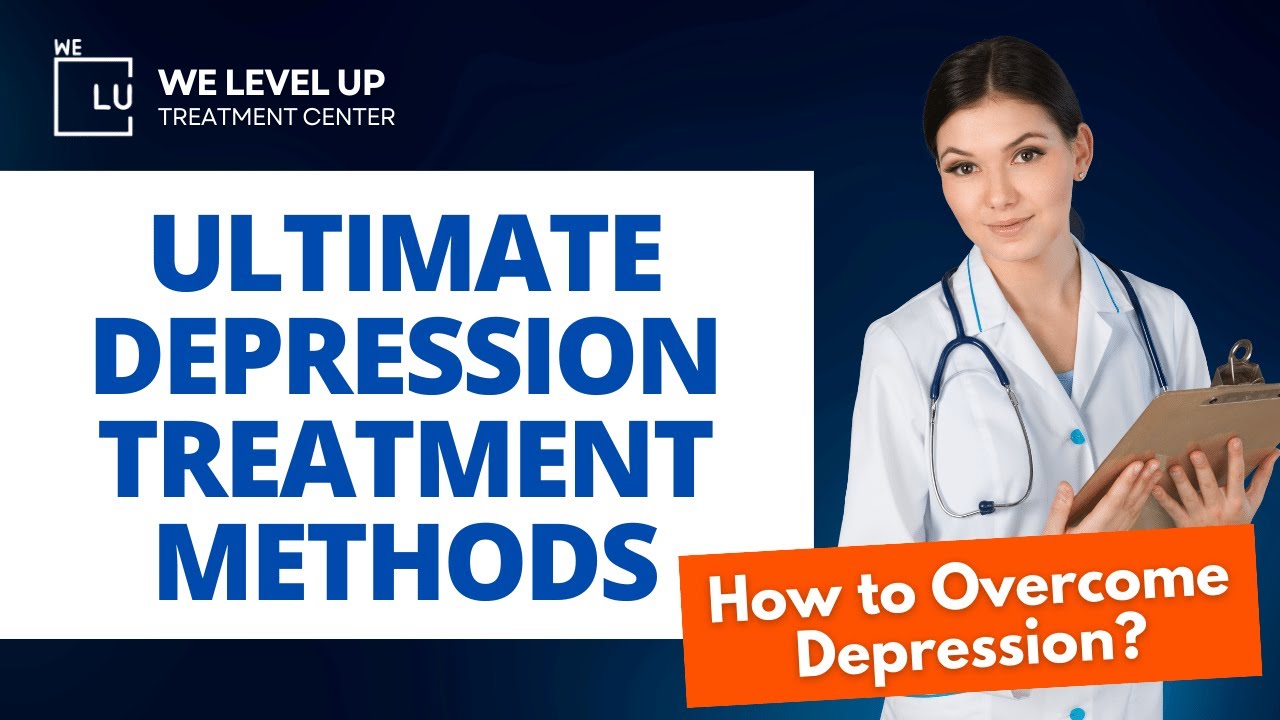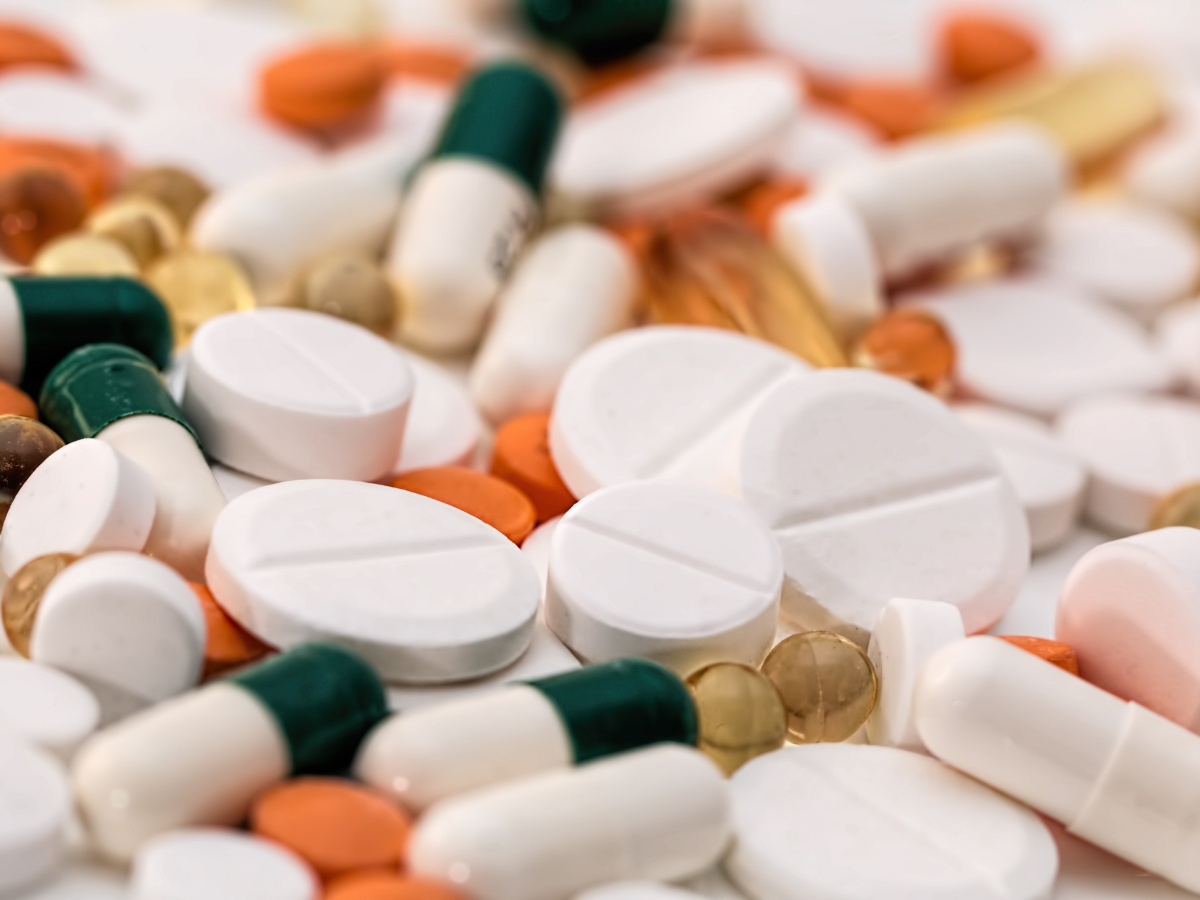Amphetamine Withdrawal Symptoms
Amphetamines can make people feel more alert, and are prescribed for problems like depression and attention deficit order. Amphetamines can produce euphoria, and so are manufactured for recreational use. Ongoing use can lead to dependence, which can be as hard to recover from as dependence on heroin or cocaine.
When chronic heavy users abruptly discontinue amphetamine use, many report a time‐limited withdrawal syndrome that occurs within 24 hours of their last dose. Amphetamine withdrawal symptoms are sufficiently severe to cause relapse to drug use in the absence of contained environments.
The experience of withdrawal from amphetamines is clinically severe and it is during this period that reports of suicidal ideation and attempts are noted. Amphetamine-dependent individuals trying to discontinue or to cut down the use of the drug by self‐help or even formal drug addiction treatment commonly relapse, as a single-use of amphetamine immediately removes discomfort and institutes a sense of well‐being or euphoria. As the initial phase of treatment requires cessation of use, amphetamine withdrawal compromises long‐term success for some individuals with severe amphetamine dependence to achieve protracted abstinence.
The severity of amphetamine withdrawal symptoms is greater in amphetamine-dependent individuals who are older and who have more extensive amphetamine use disorders. Withdrawal symptoms typically present within 24 hours of the last use of amphetamine, with a withdrawal syndrome involving two general phases that can last 3 weeks or more.
The first phase of this withdrawal syndrome is the initial “crash” that resolves within about a week. The most immediate symptoms occur during this “crash” period and are observed to resolve during the first week of abstinence.
Severe symptoms in the “crash” phase of amphetamine withdrawal include increases in sleep (averaging 2‐3 hours more per night than controls, but with poor sleep quality, light sleep, frequent awakening, and not feeling clearheaded on arising), increases in appetite, and decreases in complaints of depression.
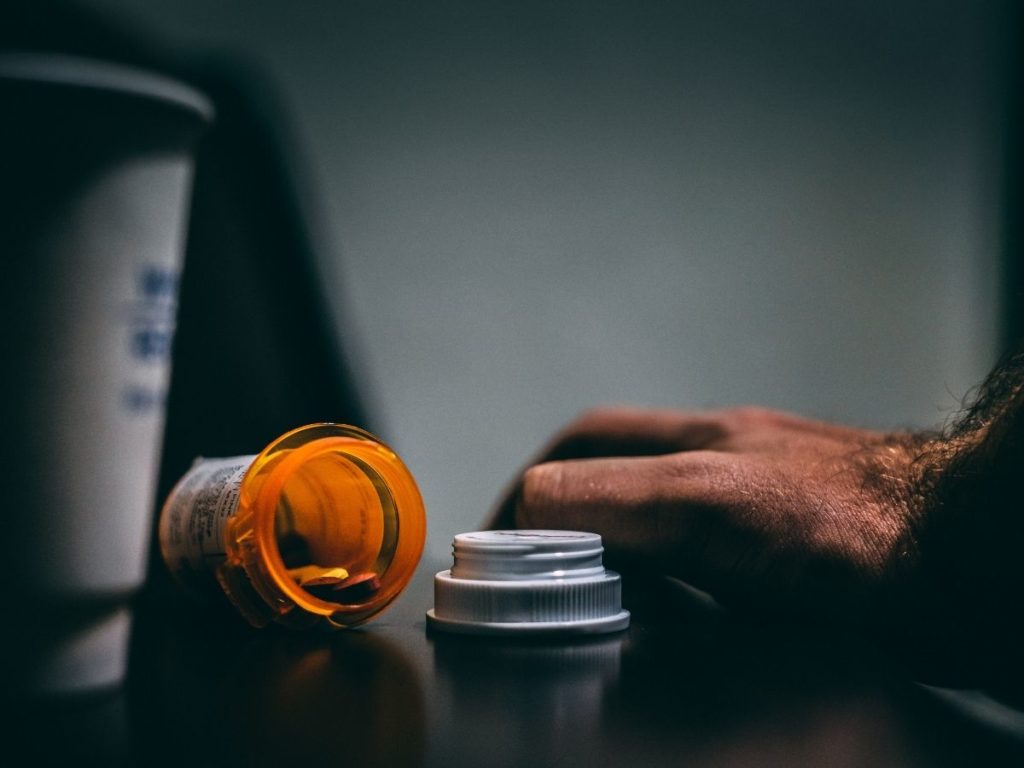
A subacute, protracted set of withdrawal symptoms that generally resolve in 3 weeks and that are not as well defined, include continued sleep disturbances (mild hypersomnia or insomnia and continued increased appetite. Although the most severe symptoms occurring during amphetamine withdrawal resolve in a week or less, some symptoms may continue for weeks or months. [1]
Amphetamine Withdrawal Timeline
Symptoms of amphetamine withdrawal are time-limited, with most resolving in a week. Thus, a treatment for amphetamine withdrawal needs rapid onset. In clinical practice and in the studies reviewed, treatment is started as soon as possible following the last dose of amphetamine. Medication is continued for up to two weeks to provide symptomatic relief. In addition to medication, it can be helpful to provide psychosocial and/or behavioral treatments for stimulant abuse to assist the patient in amphetamine withdrawal in sustaining abstinence from amphetamine once their treatment is completed.
Following brief exposure to the treatment, the medication is discontinued regardless of response as there is no evidence to suggest a pharmacotherapy for amphetamine withdrawal would have efficacy for amphetamine abuse or dependence.
Signs of Amphetamine Withdrawal
In 2006, 24.7 million individuals aged 15‐64 consumed amphetamine-type stimulants. Among chronic users of amphetamines, evidence is accruing to describe the range of public health problems attributable to sustained heavy use of the drug. Medical consequences of chronic use of amphetamines include cardiovascular insults, cognitive dysfunction, and infectious disease.
Some of the common amphetamine withdrawal side effects and symptoms include: [2]
- Fatigue and increased need for sleep
- Increased appetite
- Bodily movements and twitches
- Slowed reaction and movement
- Aches and pains
- Irritability and/or agitation
- Dreams that are often vivid and sometimes unpleasant
- Depression
Withdrawal from amphetamines is usually not life-threatening. However, it can be extremely uncomfortable and trigger a relapse. Detoxing amphetamine under the supervision of medically trained professionals may reduce the likelihood of relapse.
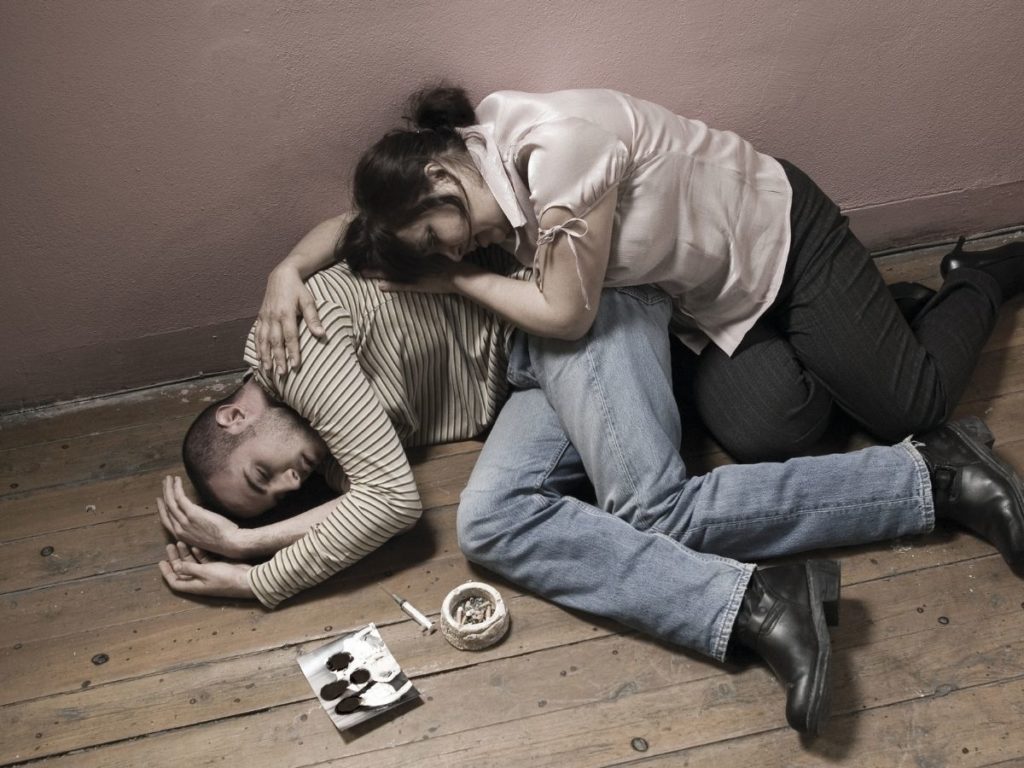
Amphetamine Withdrawal Psychosis
Chronic amphetamine users may have experienced paranoia and hallucination. A minority of individuals who use amphetamines develop full‐blown psychosis requiring care at emergency departments or psychiatric hospitals. In such cases, symptoms of amphetamine psychosis commonly include paranoid and persecutory delusions as well as auditory and visual hallucinations in the presence of extreme agitation.
More common (about 18%) is for frequent amphetamine users to report psychotic symptoms that are sub‐clinical and that do not require high‐intensity intervention. Clinical reports suggest the development of amphetamine psychosis and of sub‐clinical psychosis symptoms is related to the individual’s lifetime history of amphetamine use, i.e., cumulative quantity and frequency of exposure to amphetamines. [3]
Amphetamine Withdrawal Medication
Symptoms of amphetamine withdrawal during the initial days of abstinence from chronic amphetamine use can prompt individuals to return to regular drug use. No medications demonstrate significant effects over placebo in reducing symptoms of acute amphetamine withdrawal. [4]
The mainstay of managing amphetamine withdrawal and addiction treatment is supportive care and counseling.
Amphetamine Withdrawal Treatment
Stimulant withdrawal, which occurs following cessation of chronic cocaine or amphetamine use, can
produce a wide range of dysphoric symptoms:
- Following binge use, individuals may initially experience a “crash” period, which is characterized by symptoms of depression, anxiety, agitation and intense drug craving.
- During the intermediate withdrawal phase, individuals may experience fatigue, a loss of physical and mental energy, and decreased interest in the surrounding environment.
- During the late withdrawal phase, individuals may experience brief periods of intense drug craving, such that objects and people in the addicted person’s life can become a conditioned trigger for craving and relapse. [5]
Treatment of stimulant abuse requires a comprehensive assessment of the patient’s psychological, medical,
forensic, and drug use history. Moreover, because information obtained from chemically dependent persons
may be incomplete or unreliable, it is important that patients receive a thorough physical examination,
including blood and supervised urine samples for analysis. The clinician must be aware that polydrug
abuse is common. Patients may ingest large amounts of one or more drugs at potentially lethal doses;
therefore, the physician must be aware of the dangers of possible drug combinations, such as cocaine and
alcohol or heroin.
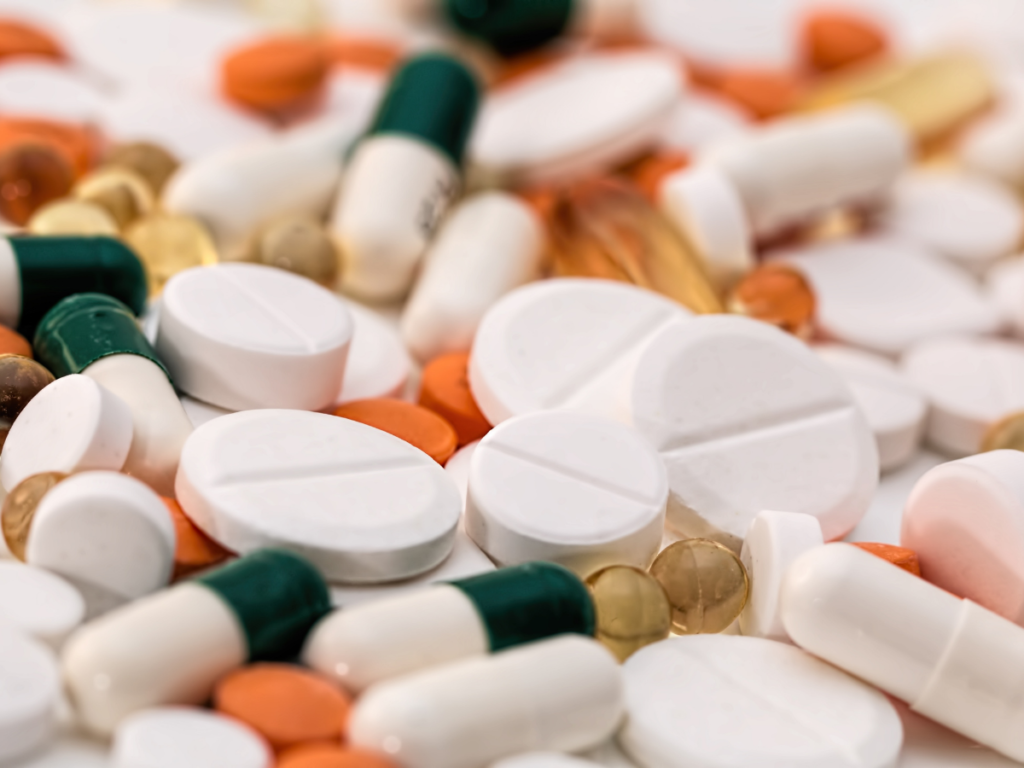
Pharmacological intervention may be necessary during stimulant-induced drug states. For example,
neuroleptics may be useful in controlling stimulant-induced psychosis or delirium, and anti-craving agents with a fast onset of action may be helpful during the early withdrawal period. During the late withdrawal phase, when depression may be present, antidepressants may be an appropriate choice for treatment.
Treatment medications can be given on an inpatient or outpatient basis. However, if medications are used
for outpatient treatment, the clinician must warn the patient of the potential adverse interactions between cocaine and the prescribed medication.
For instance, high blood pressure can result from the release of epinephrine by cocaine combined with the reuptake blockade by the tricyclic, although later in the course of treatment, tricyclics decrease the sensitivity of the postsynaptic adrenergic receptors.
Amphetamine Detox
Medical amphetamine detox helps smooth the withdrawal process, reduce side effects, prevent serious complications, and lessens amphetamine cravings. Overall, these medications offer a decent start towards recovery and help to maintain sobriety long-term. Opioid detox has to be followed with counseling, education and awareness, family and individual therapy, and support groups that can aid an individual in their attempt to stop using drugs and continue sobriety.
We Level Up TX addiction treatment center is here to help individuals successfully complete the drug detox process and to address psychological, physical, and spiritual issues connected to drug abuse. Qualified doctors, nurses, therapists, and addiction cases managers will be with you throughout the recovery process to ensure you have the support you need.
We also have the expertise to treat dual-diagnosis, which is common among amphetamine users. Since amphetamine abuse can lead to a co-occurring mental health disorder, such as anxiety, depression, suicidal thoughts, our treatment program is tailored to address these disorders at the same time.
Targeted individual counseling and group therapy sessions, along with other complementary therapies, educational lectures, and relapse prevention seminars are used to address the underlying factors for their insomnia and subsequent Lunesta addiction. Clients are taught to confront these issues and deal with Lunesta cravings by using healthy coping skills.
Reclaim your life, call us to speak with one of our treatment specialists. Our specialists know what you are going through and will answer any of your questions regarding amphetamine withdrawal.
Your call is private and confidential and there is never any obligation.
Sources:
[1] Treatment for amphetamine withdrawal – National Center for Biotechnology Information, U.S. National Library of Medicine
[2] Amphetamine Withdrawal Symptoms and Timeline – https://withdrawal.net/amphetamine/symptoms-and-timeline/
[3] Treatment for amphetamine psychosis – National Center for Biotechnology Information, U.S. National Library of Medicine
[4] Treatment of Acute Intoxication and Withdrawal from Drugs of Abuse – The Textbook of Substance Abuse Treatment, second edition. Editors: Marc Galanter, MD and Herbert D Kleber, MD

